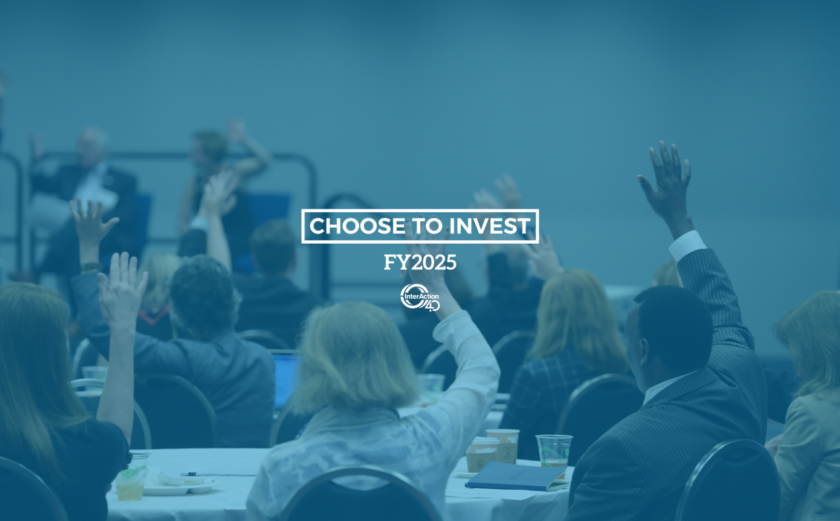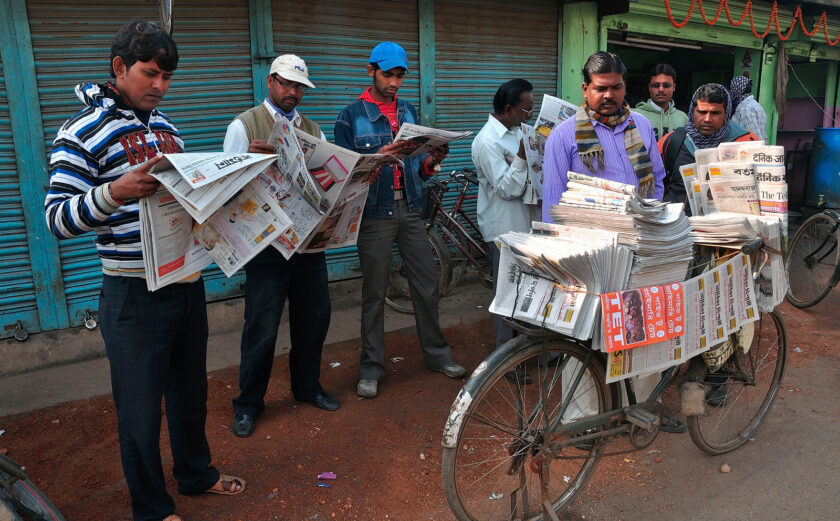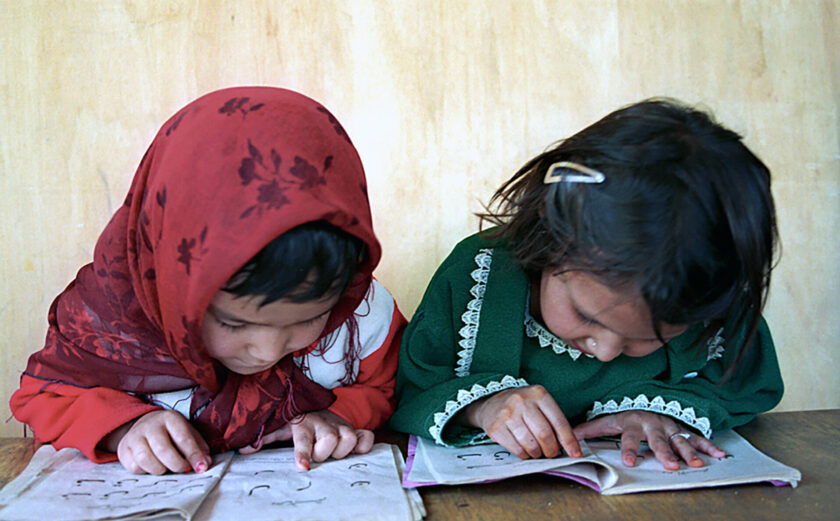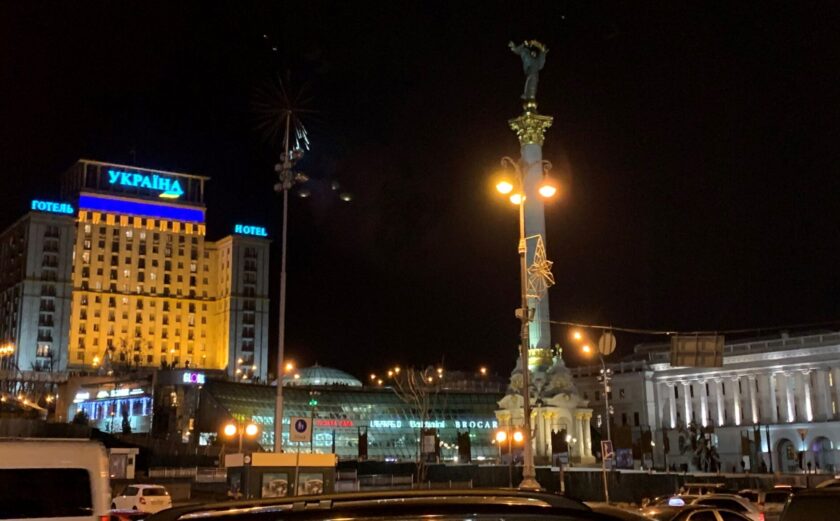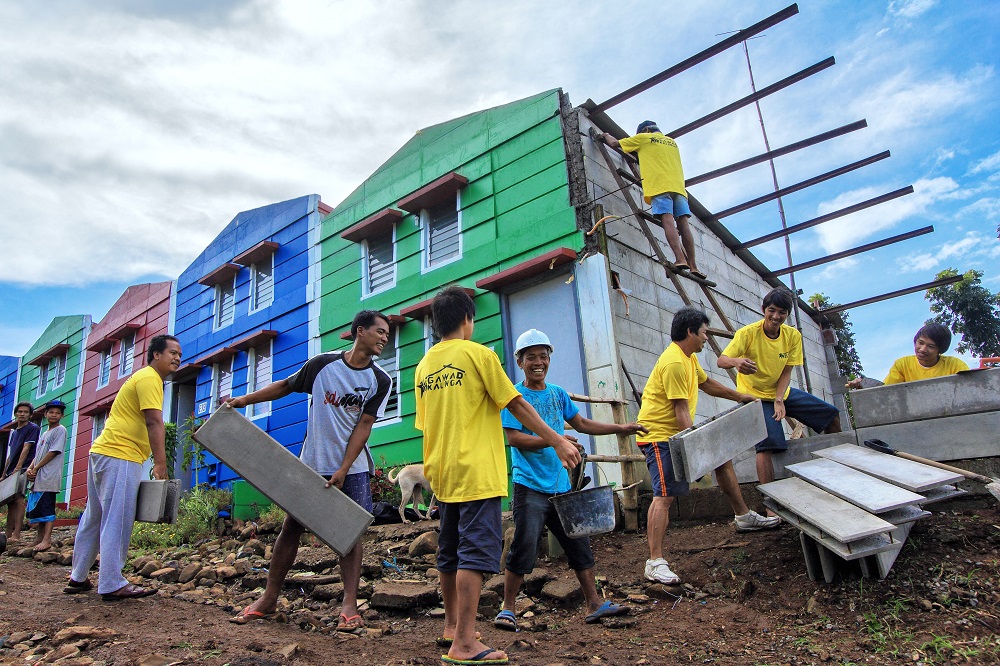
Holding Private Donors Accountable
U.S. global engagement and humanitarian assistance continues to garner broad bipartisan support. Over the past year, members of both major parties have called for defending and expanding foreign aid, more specifically official development assistance (ODA). Advocacy must continue to stop efforts that may harm or cut what we often call the poverty focused accounts; resources from global health and humanitarian efforts to food security and better governance programs that shape U.S. leadership around the world. However, the occasion of renewed support and the established alliances around U.S. ODA opens the opportunity for those of us engaged in private philanthropy to critically evaluate ourselves. If we, as private donors, are to live our values, it is incumbent on us to better understand and interrogate the dynamics involved in providing private development assistance.
Private development assistance includes programs supported by philanthropists, foundations, corporations, universities, religious institutions, volunteerism, and NGOs. According to the 2017 Hudson Institute Index of Global Philanthropy and Remittances, U.S. private development assistance accounts for roughly $43.9 billion of U.S. foreign assistance compared to the $33.1 billion spent on ODA. NGOs count for the largest portion (35 percent) of this $43.9 billion at $15.4 billion received from private contributions. A further $7.7 billion is donated to NGOs in gifts in kind by corporations.
A large percentage of these resources flow through InterAction members. Many of the development community’s conversations about reform, power, and ethics are understandably focused on official aid, but considering how the magnitude of private development assistance compares to its governmental counterpart, similar conversations should be had about private aid flows.
One of the most important questions to examine is how much power private donors should exert over development norms and programs. As in politics, money speaks loudly when it is wielded by an individual or another consolidated source. As a result, foundations, which are supported and governed by a small group of individuals or a philanthropist, often carry more influence over shaping programs and policy than NGOs, which are supported by millions of small donations by individuals, even if the NGOs have close ties to local voices, institutions, and civil society. We need to ensure that good practice, experience, transparency, and co-creation govern private assistance programs—not just the agendas of individuals or institutions with consolidated wealth.
Furthermore, universal norms for private donors and development assistance should also be established and observed. For example, local influence over programs is often pursued by NGOs, foundations, corporations, and other philanthropic efforts, but not always. All are intermediaries that channel money from one source to another to achieve development impact, yet such financial relationships are often intertwined with unequal power dynamics. To ensure power imbalances are not perpetuated, local ownership of programs needs to be constantly pursued by all private donors.
Ultimately, private donors must constantly strive for greater accountability and transparency. ODA is led by the government which is accountable to all of its citizens, but private development assistance, even as it focuses on local ownership, is often only answerable to those with the money. Private donors, including NGOs, must work harder to ensure that their contributions are transparent, model best practices, and do not distort local systems. This is a reform agenda that InterAction supports, and we look forward to engaging in conversations, with all actors, to advance these priorities.
